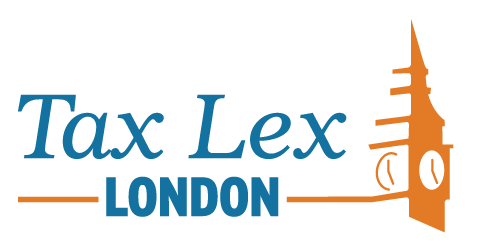Highest rate of tax will be paid by more people after the top threshold is reduced in the Budget
Higher earners have been dealt a blow after the Chancellor changed the level at which the 45% additional rate of tax applies from £150,000 to £125,140.
The move takes effect in the 2023/24 tax year and brings the threshold in line with the point at which the personal allowance, which is frozen at £12,570 for 2023/24, is removed entirely. For those earning more than £100,000 a year, the personal allowance is reduced by £1 for every £2 earned above this limit.
More than £1,000 due in extra tax
The measure will cost an extra £1,243 a year in tax, said Steven Cameron, pensions director at Aegon, while Kwasi Kwarteng’s short-lived mini-Budget would have removed this additional rate completely.
However, once again it may make it more appealing for higher earners to put money into their pension schemes. Mr Cameron said: “While the freeze on thresholds for basic and higher rate income tax will create more tax take ‘by stealth’, there’s nothing stealthy about the cut in the additional rate threshold which rather than being frozen is being reduced from £150,000 to £125,140.
“But in current conditions, it’s not surprising that those who can afford to shoulder a greater part of the burden of tax increases are being asked to do so.
“Note that the existing gradual phasing out of the personal allowance once individuals earn over £100,000 means earnings between £100,000 and £125,140 are already effectively taxed at 60%. It now means thereafter, the marginal rate will be 45%.
“Together, these higher rates of income tax make paying personal contributions to pensions, which get relief at full marginal rate, particularly appealing.”
We can help you meet your obligations
If this change will affect you, then please get in touch and we will help you to maximise your tax life and work with you to perfect your pension planning.
